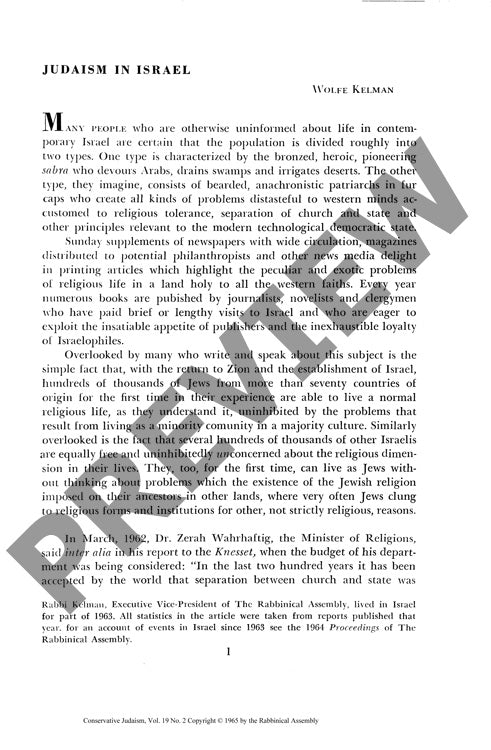Judaism in Israel
Couldn't load pickup availability
Judaism in modern Israel defies simple categorization into secular and Orthodox camps, revealing instead a rich tapestry of religious expression and institutional complexity. Qualitative analysis of government reports, interviews, and institutional data from 1963 illuminates the rapid development of religious infrastructure in the young state, including 185 yeshivot serving over 12,000 students, 400 synagogues, and an extensive religious court system with exclusive authority over Jewish marriage and divorce. The Ottoman and British Mandatory-era principle of status quo continues to shape religious-secular relations through carefully balanced coalition politics. Several paradoxes emerge: religious educational enrollment grows despite limited adult support for religious parties, while different Orthodox traditions clash over interpretation and practice. Eastern European-influenced religious institutions frequently conflict with Western immigrants' expectations, creating ongoing tension between religious coercion and voluntary observance. As the world's first modern democratic Jewish state, Israel offers unprecedented religious freedom while generating novel forms of religious-political complexity that sharply distinguish it from traditional Diaspora Jewish experience.

More Information
-
Physical Description
-
Publication Information
Published 1965
ISBN
-
Publication Credits
Wolfe Kelman

